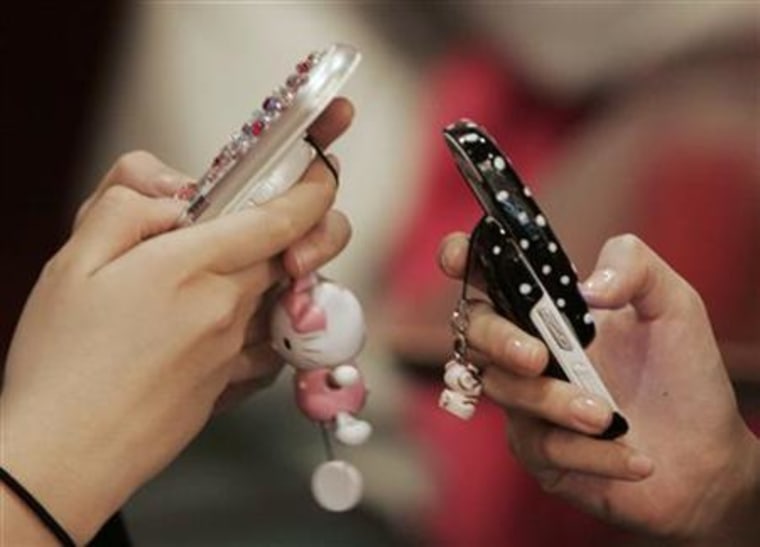Social media sites help us stay connected, but for younger teens, the cost of online connectivity can be steep.
A recent report, "Social Media Use and Children's Wellbeing," published by IZA Institute of Labor Economics, found that kids between 10 and 15 who spend as little as one hour a day chatting on social networks are overall less content.
An Hour a Day Keeps Happiness Away
"Spending one hour a day chatting on social networks reduces the probability of being completely satisfied with life overall by approximately 14 percentage points," the study's authors wrote in the paper's conclusion.
The research, which was conducted from 2010 through 2014 and surveyed British households, was partially an effort to "contribute to wider debates about the socioeconomic consequences of the internet and digital technologies."
Issues of cyberbullying, an increase in social comparisons, and a decrease in real-life, face-to-face activities were cited in the study as theories explaining "why extensive social media use may have a negative effect on children’s well-being."
While this is a British study that researched solely British families, American families can certainly relate to the primary and at times harmful role social media may play in their teens' lives.
"The average teen spends nine hours per day using electronic devices, much of which is social media," said Tom Kersting, a psychotherapist, school counselor, and the author of Disconnected: How To Reconnect Our Digitally Distracted Kids. "It has become more than just a part of life; it's now a way of life."
And this is where things get tricky. It's not as though we can simply delete our teens' social media accounts and wipe our hands of the matter. In a sense, we've traveled too far down the rabbit hole of the internet to just disconnect. So what are we to do? How can we ensure that teens have as positive a social media experience as possible, and that it does not interfere with their general well-being?
Time for an Education
Even if your teen is already hooked on social media, it's not too late to sit him or her down and go over the risks — as well as the benefits — of social networking. Here you also have an opportunity to set some firm boundaries.
"I think it is important for teachers, parents, and counselors to educate teens about the risks of social media and expose them to the issue," said Nityda Coleman, a clinical social worker and therapist at Teen Therapy Austin. "It's important to go into detail around why social media can be harmful as well as helpful."
The best way to give teens an education on the pros and cons of social media, in the opinion of Dion Metzger, M.D, a board certified psychiatrist, is to give solid advice on the "do's" and "do nots" of sharing on social media.
"I would give a list of things that are considered 'oversharing' and give an exact list of what's meant to 'stay off limits and offline,'" said Metzger.
Schedule IRL Activities
Teens tend to turn to social media when they don't have anything else to do. One simple way to remedy this? Plan something for them to do that gets them out of the house. If you must, ask that they keep their smartphone at home or in the glove compartment for some solid time of total disconnection.
"Parents need to fill teens’ time with more productive, structured activities, from music lessons to sports, so that teens have less time to go on social media," said Carole Lieberman, M.D., a doctor, psychiatrist, and author.
"Another strategy is to insist that their teen keeps a diary of how much time they spend on social media and how they felt afterwards," added Lieberman. "This will allow the teen to see for himself that it was a waste of time that only made him feel bad. Then have him make a list of all the other things he could have been doing instead."
Check In and Empathize
If you are concerned about your teen experiencing anxiety or depression because of social media, perhaps the most important thing you can do is to keep tuned in to how they feel. Let them know that you're not just there to enforce rules and limitations, but also to listen and to help them get through problems when they arise.
"Let your teen know that you might want to check in on her/him every now and again," said Coleman. It is extremely important to listen to, empathize with, and validate your teen's experiences and perception of the world both on and off social media. Rather than giving her/him advice or a solution, listen. The more you rush in with advice, the more you'll push teens away and they'll feel that you just don't get them. You've already now empowered them through education, now give them the space to practice making good decisions."
